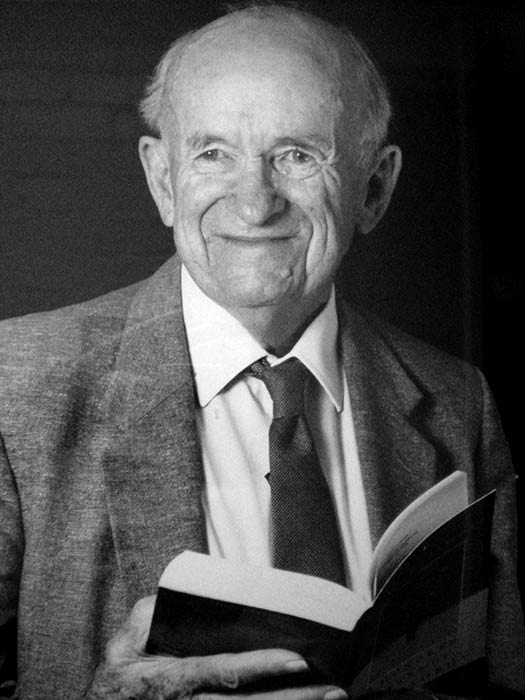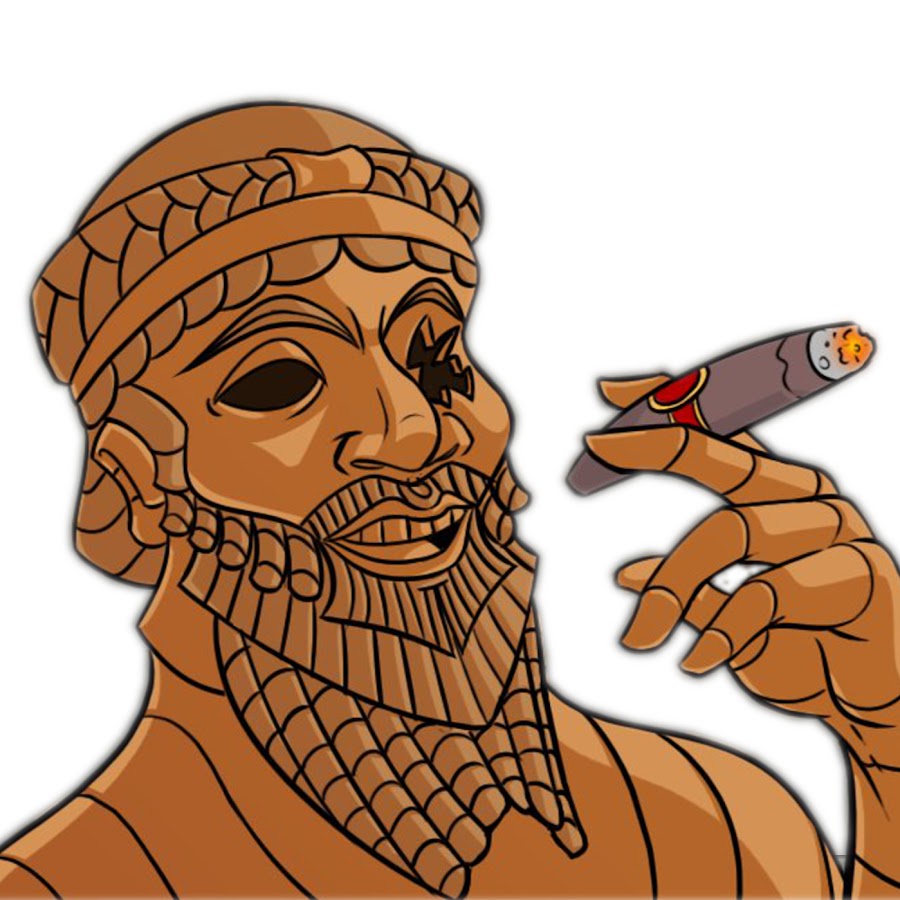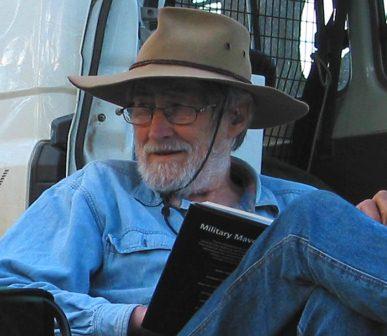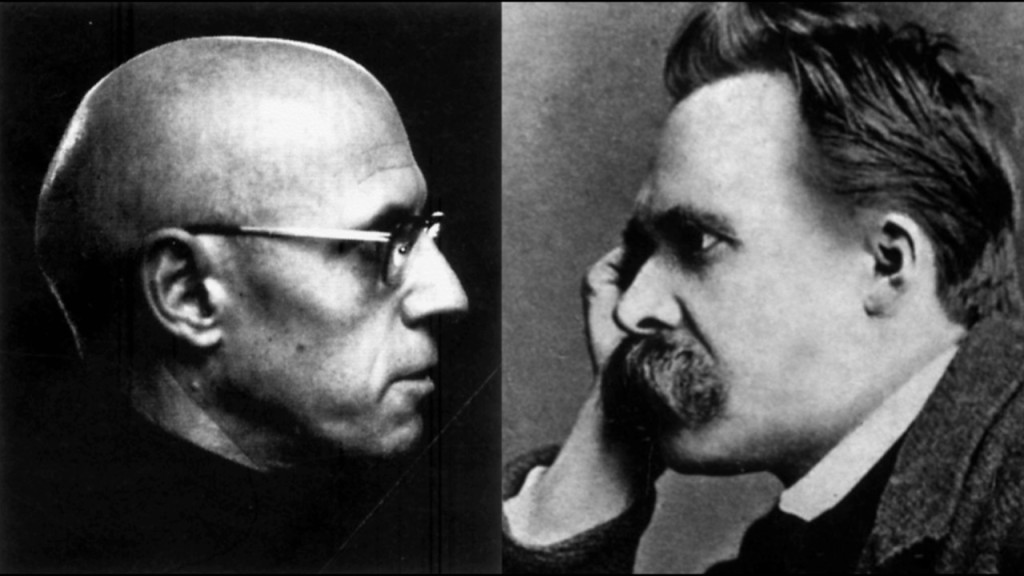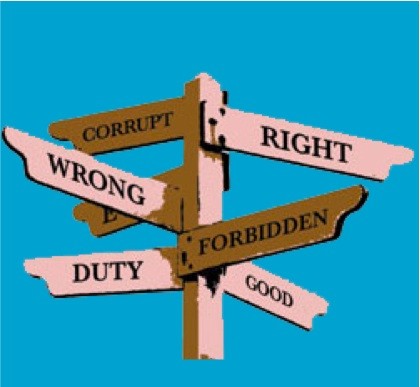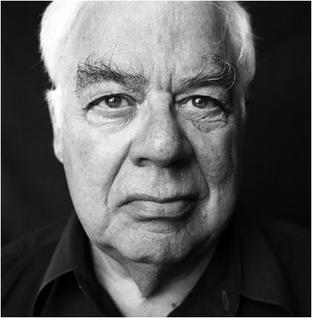John Passmore in *Explaining Postmodernism* — on Kant’s significance
In 1985, the historian of philosophy John Passmore claimed: “The Kantian revival is so widespread as scarcely to lend itself to illustration.” (p. 87) For more on the implications of Passmore’s strong claim and its implications for postmodernism, see p. 87 of my Explaining Postmodernism: Skepticism from Rousseau to Foucault. Information about other editions and translations […]
John Passmore in *Explaining Postmodernism* — on Kant’s significance Read More »
